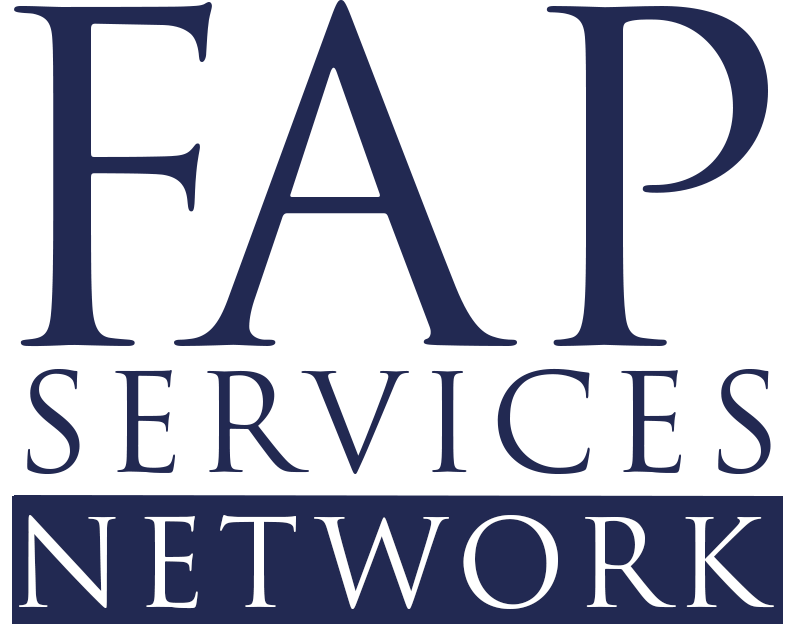Cecilia Farrow, Managing Director of FAP Services is questioning whether the many risk advisers that provide business risk as part of their service offering will be able to meet the requirements for keeping their competency, skill and knowledge up to date under the new licensing regime.
The Code of Conduct sets the minimum standards of general competence, knowledge and skill advisers will be required to demonstrate as equivalent to those of the Level 5 New Zealand Certificate in Financial Services.
The relevant strand within the qualification that ‘life’ risk advisers would need to complete is the Life, Disability and Health strand which is specific to Personal Risk advice.
There are, however, no unit standards for Business Risk in respect of death and disability risks in the Level 5 Certificate.
It is well understood that Business Risk is substantially more complex than Personal Risk and requires an adviser to undertake specific learning and training to obtain the knowledge and competencies to acquire the skills to provide diligent advice to business owners.
The learning pathways that advisers have typically undertaken for Business Risk have been training courses provided by insurers and/or the attainment of the CLU mark which required the completion of a diploma level qualification which included papers specific to Business Risk Advice.
As the Code of Conduct is principle based, it implies that the responsibility for determining what is required to comply with the code on the shoulders of the Financial Adviser and the licensed Financial Advice Provider.
The following issues should be considered if Business Risk is a financial advice service being provided:
Can you demonstrate you currently have the particular competence, knowledge and skill to provide financial advice in Business Risk?
- What training can be evidenced
- When was the training undertaken
- What knowledge did the training cover
Can you demonstrate you have kept your competence, knowledge and skill up to date and are continuing to do this?
- What ongoing training has been undertaken and when
- How have you kept up to date with new product development
- How have you kept up to date with changes to law, tax and estate planning that are relevant to Business Risk
Are you confident you are providing advice which is suitable and exercising the care, diligence and skill that a prudent financial adviser would?
- Is the advice process structured and documented
- Is it likely to comply with the law and the Code of Conduct
- Is Business Risk advice an integral part of the firm or an occasional service – if an adviser is only occasionally (maybe 2-3 times a year) providing Business Risk advice is it enough to maintain skills and competency
- If your advice is challenged – maybe a client lays a complaint against you – are you confident that an expert in Business Risk would be able to say your advice reflected the skill and diligence of a prudent adviser
FAP Services specialises in supporting risk advisers to provide Business Risk Advice through providing cloud technology which delivers automation for financial risk analysis and creating risk plans. It also provides extensive training, professional development and coaching in Business Risk to ensure its members can develop and maintain their competence, knowledge and skills.

